 Abraham Lincoln
If given the truth, the people can be depended upon to meet any national crisis...
Abraham Lincoln
If given the truth, the people can be depended upon to meet any national crisis...
 Guildford news...
for Guildford people, brought to you by Guildford reporters - Guildford's own news service
Guildford news...
for Guildford people, brought to you by Guildford reporters - Guildford's own news service
Press Watchdog Rejects Former Normandy Chairman’s Complaints About The Dragon
Published on: 17 Mar, 2021
Updated on: 17 Mar, 2021
 Two complaints against The Guildford Dragon NEWS (editor Martin Giles), made by Alan Cheesman (pictured above), then chairman of Normandy Parish Council (NPC) but no longer in post, have been dismissed by the Press regulator Impress.
Two complaints against The Guildford Dragon NEWS (editor Martin Giles), made by Alan Cheesman (pictured above), then chairman of Normandy Parish Council (NPC) but no longer in post, have been dismissed by the Press regulator Impress.
Mr Cheesman claimed an article headlined “Normandy Parish Council Refuses To Disclose Failed Audit Details” was inaccurate, and wrote: “This is deformation [sic] of character not only of the PC but against me personally.”
In the second complaint, Mr Cheesman claimed harassment and that he had responded, “Piss off!” to a telephone enquiry from Dragon reporter Hugh Coakley only because, “The Dragon have inundated myself with phone calls (all in one day). in which I fully explained things to both Cokely [sic] and Giles, they printed the final one, not mentioning the others, in which I was rude as I had had enough of their intrusion. Again trying to turn the whole Village against me.
“This is totally unacceptable, you are dispicable [sic]. A full apology is required and a retraction of your article.”
Having been alerted by a concerned Normandy resident, Dragon reporter Mr Coakley had written several articles about the failure of NPC to publish details of audit reports which included noted faults and another NPC failure, to publish the remedial action as required by the Transparency Code for Smaller Councils, with which the parish clerk, Leslie Clark, had claimed NPC complied.
The articles also reported that minutes of some meetings appeared to be missing from the NPC website and the NPC policy was not to publish minutes until agreed, at least a month after the meeting. Sometimes, those which did appear were delayed for several months.
See also: Interim Normandy Councillors Start to Sort Out ‘Imploded’ Council
Before publication of the article about which the complaint was made, Mr Coakley had sought further clarification of certain details but Mr Cheesman’s response was peremptory, writing: “This has all been covered in email of 18th December. This is becoming vexatious.”
On a previous occasion, when copies of papers that should have been in the public domain had been requested, Mr Cheesman as well as the parish clerk had initially declined personal meetings with Mr Coakley, citing Covid restrictions.
Eventually, a meeting of sorts was held with everyone masked, the chairman and clerk sitting in a shed, about 20 yards away, while Mr Cheesman’s wife Val, herself a serving parish councillor at the time, physically ferried questions, verbal responses and relevant papers back and forth.
But Mr Cheesman declined to provide details of the failures identified in the internal audit and the council’s proposed actions to address them. He said there were “potential confidentiality” issues.
In January, on receipt of the complaint from Mr Cheesman, Mr Giles published two prompt clarifications with equal prominence to make clear NPC had published the external audit report in December, 2020.
The editor rejected Mr Cheesman’s complaint regarding accuracy and also defamation, citing a 1993 legal case, Derbyshire County Council v Times Newspapers Ltd which held that local authorities may not sue, given that they are government bodies and should therefore be open to “uninhibited public criticism”. But Mr Cheesman, as council chairman, escalated the complaint to Impress.
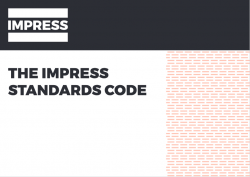 Today (March 17), Impress published their adjudication dismissing the complaint.
Today (March 17), Impress published their adjudication dismissing the complaint.
The adjudication says: “The Committee considered the ordinary reasonable reader would understand that the article concerned criticism of the Parish Council for not revealing details of its internal audit.”
The Impress committee of experienced journalists and lawyers, chaired by Impress’s chair Walter Merrick CBE, a senior lawyer, noted: “The headline used the phrase ‘refuses to’ to describe the Council’s actions, which was pejorative and may have created a false impression about the Council’s conduct with respect to publishing the information on its website. However… the clarification subsequently published by the Publisher sufficiently corrected any false impression created by that inaccuracy.”
Regarding the headline using the term “failed” to describe the outcome of the audit: the Committee did not consider the use of the term amounted to a significant inaccuracy, as the subsequent text of the article clarified what these “failures” amounted to with respect to the Council’s internal audit overall.
“The Committee considered the inaccuracies noted did not substantively change the story. The Guidance states that the significance of an inaccuracy can be judged by its consequences for a person’s reputation as well as its impact on the story as a whole.
“While the Committee acknowledged the Complainant’s view that there had been harm to his reputation, and the reputation of others, the Complainant had not demonstrated, with evidence, that the harm stemmed from or was caused by the publication of a significant inaccuracy or error in the story.
“The Committee further noted that, once drawn to the Publisher’s attention, any minor inaccuracy was promptly corrected with due prominence and at the earliest opportunity.
“The Committee, therefore, did not consider that that the Publisher had misrepresented or distorted the facts, nor did the Committee consider that there were any significant inaccuracies that required correction.”
The second complaint was also initially rejected by Mr Giles who dismissed it as “mendacious and vexatious”. Only one call had been made to Mr Cheesman throughout the whole period by the Dragon, that by Mr Coakley. His phone record confirmed only a single call hade been made which lasted only seven seconds.
Impress also rejected the complaint, writing: “…no evidence has been presented to Impress of the conduct complained of. Furthermore, we understand from that, the Publisher was pursuing a legitimate journalist inquiry when they called the Complainant and at that time, the Complainant held public office.”
The full adjudication of the first complaint can be seen below:
Recent Articles
- Notice: Come and Make a Christmas Cracker
- Benefits of Assisted Living Scheme Outweigh Harm to Designated Landscape GBC Planners Decide
- Letter: Councillor’s Statement is Misleading
- Two Unitary Authorities, One Elected Mayor – Most Likely Devolution Outcome for Surrey
- Notice: Guildford Music Society Concerts at URC
- Letter: Our National Parties Need a Reality Check
- Can You Help Find Wanted Man?
- Letter: Will New Bridge Really Speed Up Journey Times?
- Surrey’s Annual Housing Target Now at 10,981 – Council Pleas Ignored
- Long Sentences for Sara’s Murderers as Judge Describes Her Treatment as ‘Torture’


Search in Site
Media Gallery
Dragon Interview: Local Artist Leaves Her Mark At One of England’s Most Historic Buildings
January 21, 2023 / No Comment / Read MoreDragon Interview: Lib Dem Planning Chair: ‘Current Policy Doesn’t Work for Local People’
January 19, 2023 / No Comment / Read MoreA3 Tunnel in Guildford ‘Necessary’ for New Homes, Says Guildford’s MP
January 10, 2023 / No Comment / Read More‘Madness’ for London Road Scheme to Go Ahead Against ‘Huge Opposition’, Says SCC Leader
January 6, 2023 / No Comment / Read MoreCouncillor’s Son Starts Campaign for More Consultation on North Street Plan
December 30, 2022 / No Comment / Read MoreCounty Council Climbs Down Over London Road Works – Further ‘Engagement’ Period Announced
December 14, 2022 / No Comment / Read MoreDragon Interview: GBC Reaction to the Government’s Expected Decision to Relax Housing Targets
December 7, 2022 / No Comment / Read MoreHow Can Our Town Centre Businesses Recover? Watch the Shop Front Debate
May 18, 2020 / No Comment / Read More




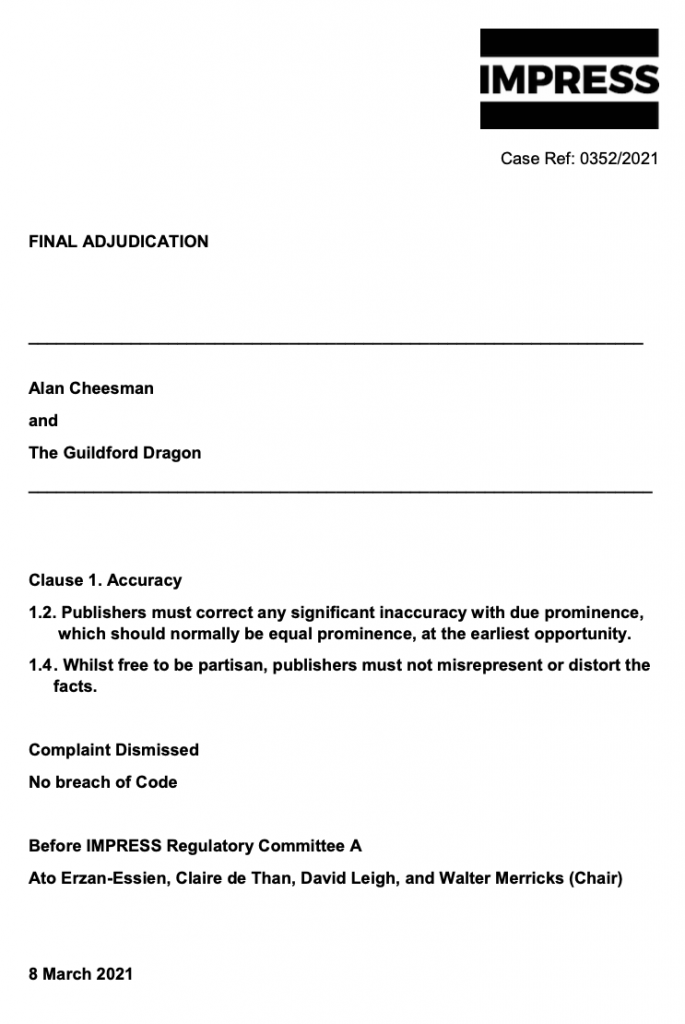
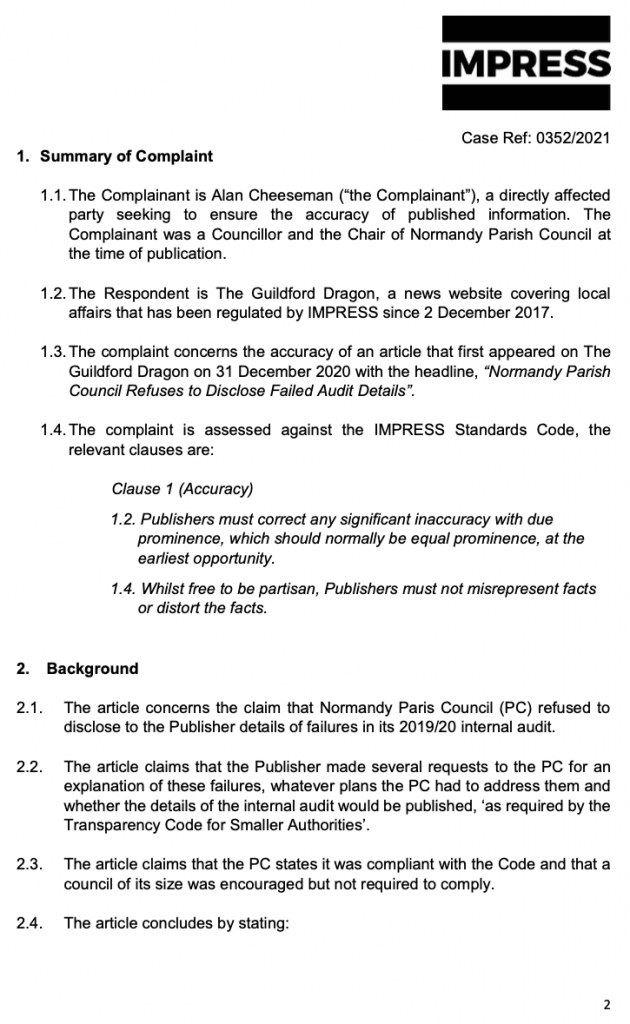
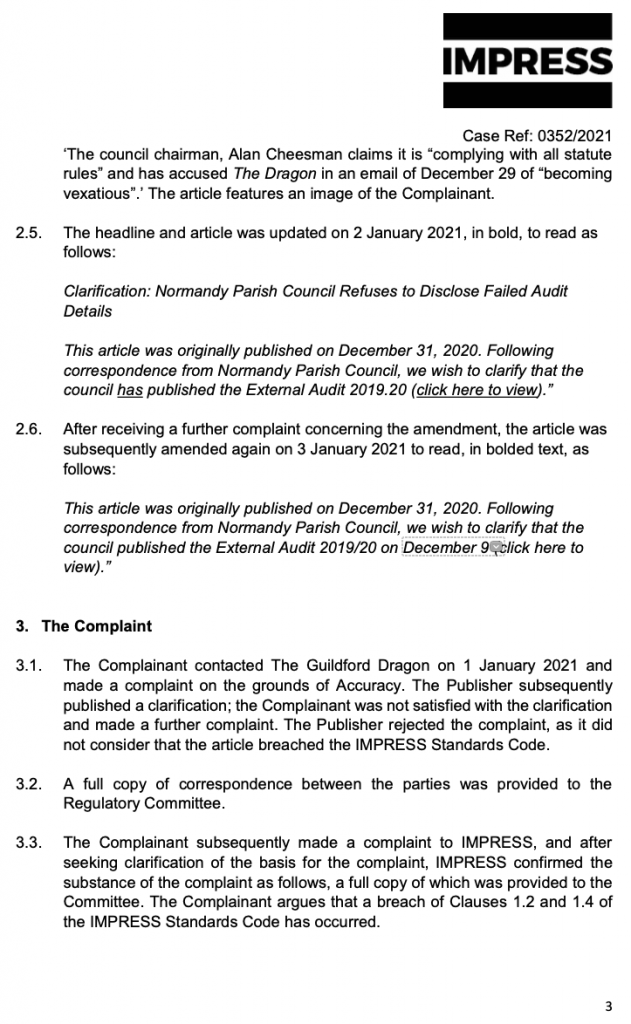
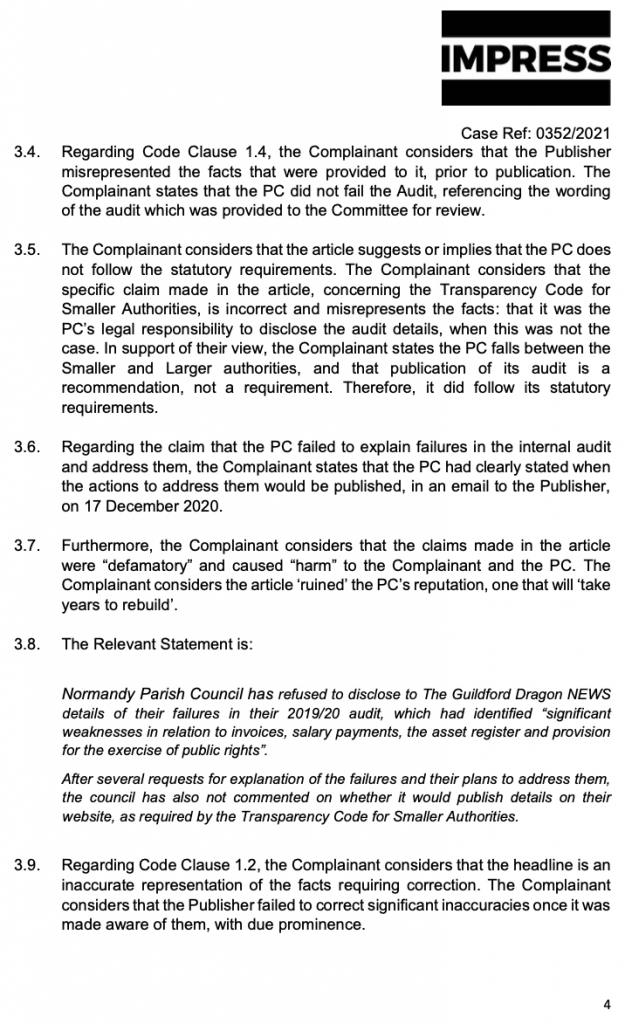
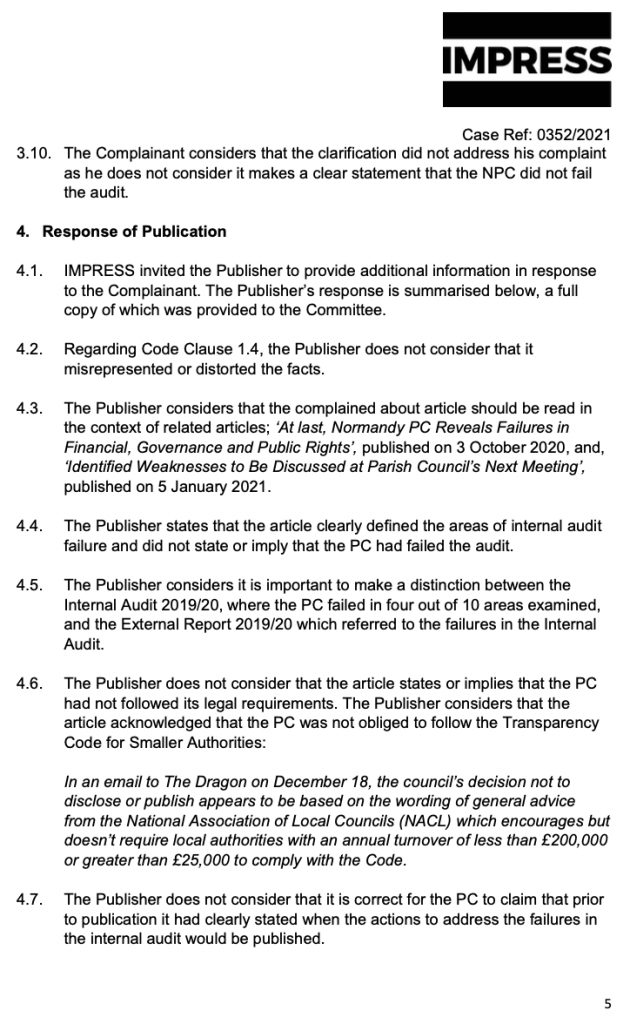
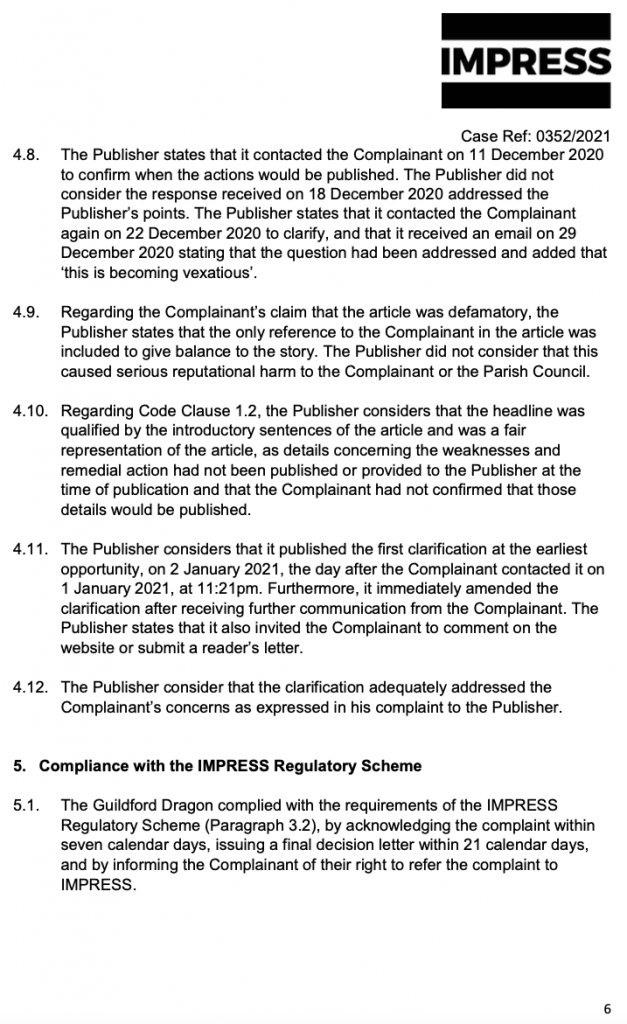
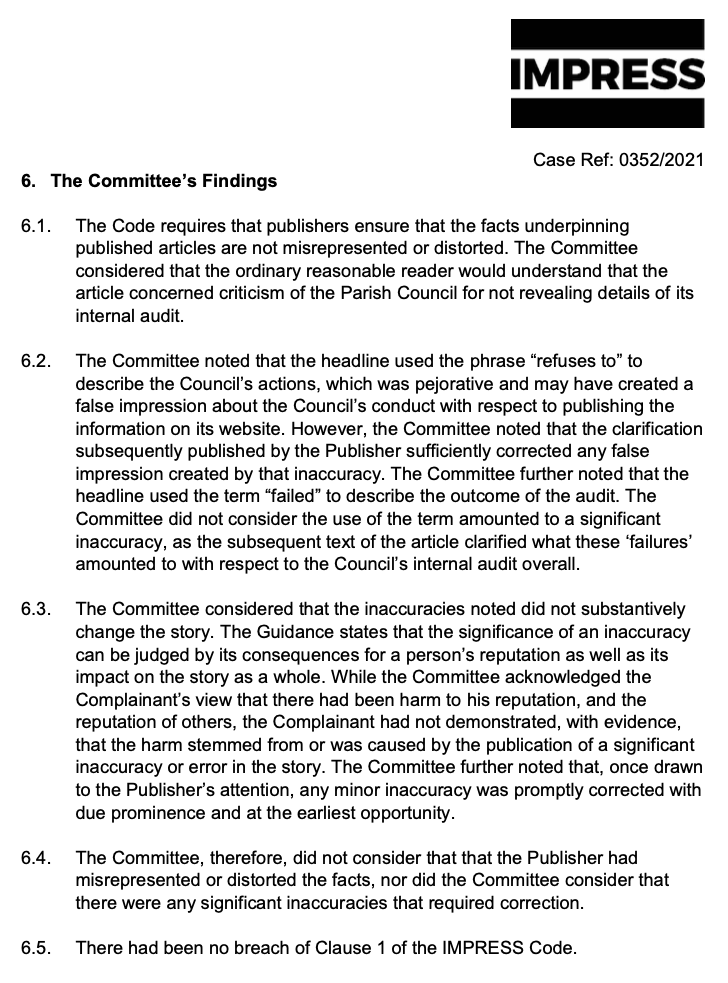








Recent Comments